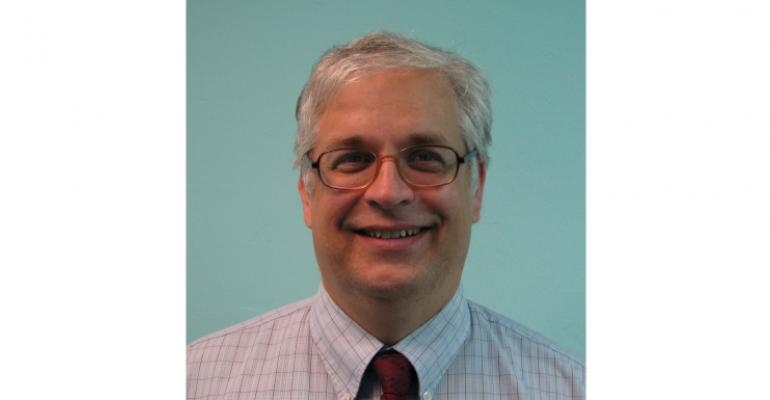Free Webinar: How to Prevent Segregation Problems
The solution of segregation from a process point of view is all about velocity control in the process vessels.
July 6, 2023

On Wednesday, August 16, 2023, at 2 p.m. Eastern/11 a.m. Pacific, Dr. Kerry Johanson, chief operations officer, Material Flow Solutions Inc., will present “Preventing Segregation Using Process Changes” as part of Powder & Bulk Solids' DryPro webinar series.
Many products created today are a mixture of several components, each with a unique purpose in the product design. Processing operations in the production or packing facilities, as well as customer handling of point-of-use products, can result in segregation. Regardless of the reason, segregation observed by the end-user is always a problem for the manufacturer. What can production and packing facilities do to mitigate segregation of their product? An intriguing question is: Can an understanding of bulk flow properties be coupled with simple lab scale segregation measurement to predict and quantify the expected segregation in a process or bulk handling system? Can segregation be mitigated by changes in the process or does it also require changes in the product? This webinar addresses the issue of process-based segregation using a systematic approach based on sound scientific principles.
Segregation prevention based on process changes requires knowledge of several things. The solution of segregation from a process point of view is all about velocity control in the process vessels. First, it is necessary to understand how the basic bulk flow properties effect the velocity profile in the process. Second, how to effectively measure the segregation pattern and magnitude in a lab scale test must be known and understood. Finally, it is necessary to combine the velocity profile in the process with the segregation profile and magnitude so as to determine what effect the whole handling system and/or packing process might have on the enhancement or mitigation of segregation in the process. Once this is understood, steps can be taken to modify the process to reduce or eliminate the segregation.
Sometimes fixing segregation problems requires modification of the process. The trick is to know what things about the process are causing the lion's share of the segregation problems and fix those things.
Attend this webinar and learn:
Key flow properties that relate to predicting velocity and velocity profiles in process equipment
Segregation measurements and how segregation might occur in process vessels during normal handling
How to use flow properties to predict velocities in process equipment and couple these velocity profiles with segregation patterns to mitigate segregation in the process
How to modify the process to prevent segregation in the plant or packing facility
Examples of real-world segregation issues and their solutions.
The people that will benefit from this discussion will be process engineers, plant managers, quality assurance engineers, design engineers, and product formulators.
Dr. Johanson began his career in powder flow and material handling as a summer lab technician with Jenike & Johanson in Billerica, MA during his high school and undergraduate years. After receiving his BS in 1985, he spent 14 years with JR Johanson Inc. in San Luis Obispo, CA, finally serving as their chief technical officer. He received his Ph.D. in chemical engineering from Brigham Young University in 1994, and in 2000, he branched out and moved to Florida, where he divides his time researching at the University of Florida Particle Engineering Research Center and serving as the chief operations officer for Material Flow Solutions Inc., the consulting firm he founded in 2001. He has authored 40+ technical papers which have been published in numerous technical journals internationally. He has developed a course for teaching powder flow and technology to graduate students and mentored five doctoral graduates at the University of Florida. Dr. Johanson has presented numerous industry seminars on the topic of powder flow in industrial applications. Dr. Johanson holds PE licenses in both Florida and Utah and is an active member of AAPS, AIChE, ASME, ASTM, and IChemE.
About the Author(s)
You May Also Like




